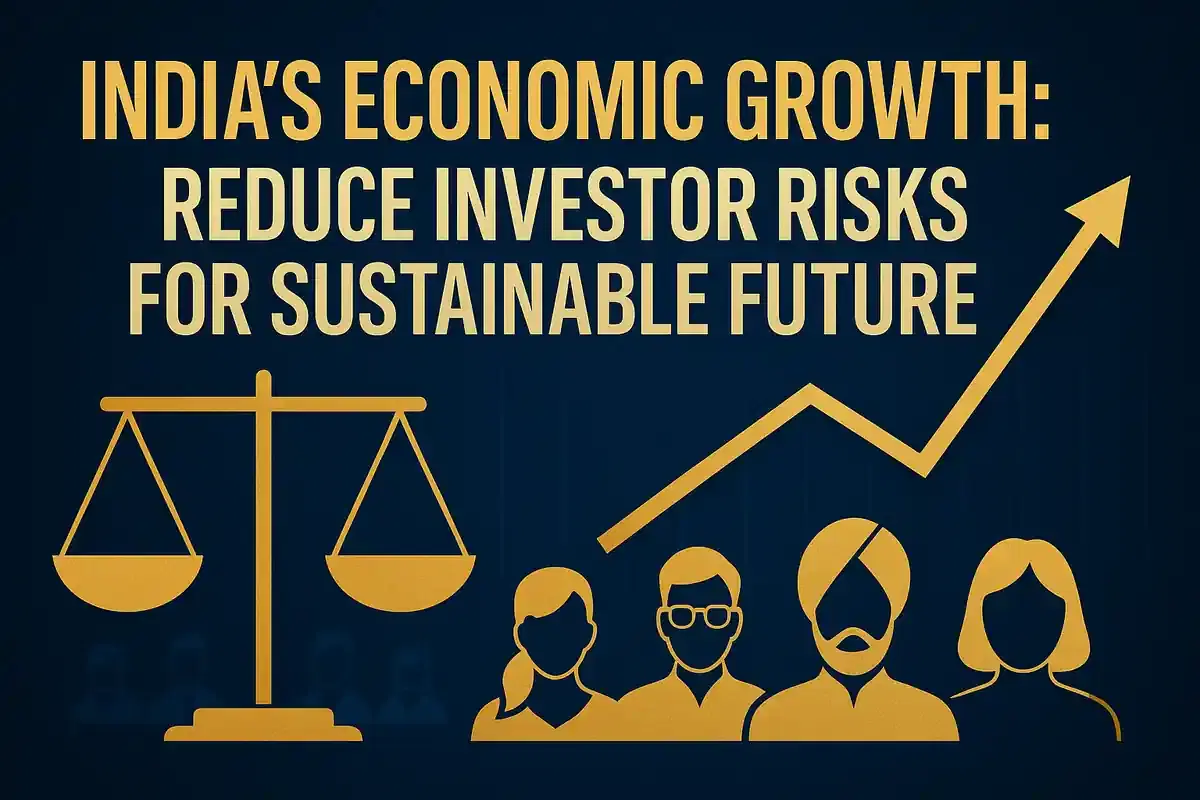Former Chief Economic Advisor Urges Focus on Investor Risk Reduction for Sustainable Indian Growth
Economy
|
28th October 2025, 4:25 PM

▶
Short Description :
Detailed Coverage :
Arvind Subramanian, former Chief Economic Advisor, has stated that while India has made significant strides in achieving macroeconomic stability and enhancing returns on investment, a critical challenge remains: reducing the risks associated with private investment. He believes this focus is essential for ensuring inclusive and sustainable economic growth.
Subramanian pointed out that India's economic expansion since liberalization in 1991, though spectacular, did not translate into sufficient formal job creation or substantial structural transformation. He observed that private investment has continued to be weak, even with strong public investment and a stable banking sector. Focusing exclusively on booming sectors like Artificial Intelligence and services, he cautioned, will not lead to inclusive growth; concerted efforts are needed to generate low-skill jobs across various economic segments.
The insights come from his new co-authored book, "A Sixth of Humanity: Independent India's Development Odyssey," which examines India's unique development path through democratic means. The book assesses India's 75-year development record as mixed, marked by remarkable stability alongside persistent structural challenges.
Impact: Addressing investor risks and focusing on broad-based job creation can significantly boost investor confidence, attract more private capital, and lead to more equitable and sustained economic expansion. This would positively influence market sentiment and economic indicators.
Heading: Difficult Terms and Meanings
Macroeconomic stability: A condition where an economy experiences steady growth, low inflation, and stable employment. Inclusive growth: Economic development that ensures benefits are shared widely across all segments of society, including the poor and marginalized. Returns on investment: The profit or financial gain derived from an investment. Private investors: Individuals or entities that invest their own capital into businesses or assets. Structural transformation: Fundamental changes in an economy's composition, such as shifting from primary sectors to manufacturing or services, often leading to more productive employment. Formal jobs: Legally recognized employment with regular wages, benefits, and protections. Public investment: Government spending on infrastructure, public services, and state-owned projects. Banking system: The network of financial institutions responsible for managing money, credit, and payments. FDI (Foreign Direct Investment): Investment made by a company or individual in one country into business interests located in another country. AI (Artificial Intelligence): Technology that enables machines to perform tasks typically requiring human intelligence, such as learning and problem-solving. Low-skill jobs: Employment that requires minimal specialized training or education. Fiscal situation: The government's financial health, encompassing its revenues, expenditures, and debt levels. Deficits: The amount by which government spending exceeds its revenue in a given period. A Sixth of Humanity: Independent India's Development Odyssey: A book by Arvind Subramanian and Devesh Kapur analyzing India's development journey since independence, its democratic path, and simultaneous nation-building efforts. Hobbesian order: A societal state characterized by government control and monopoly on force to ensure order and prevent internal conflict. Monopoly on coercion: The exclusive right of the state to use force or compulsion. Universal franchise: The right of all adult citizens to vote, regardless of background.
Impact: 8/10